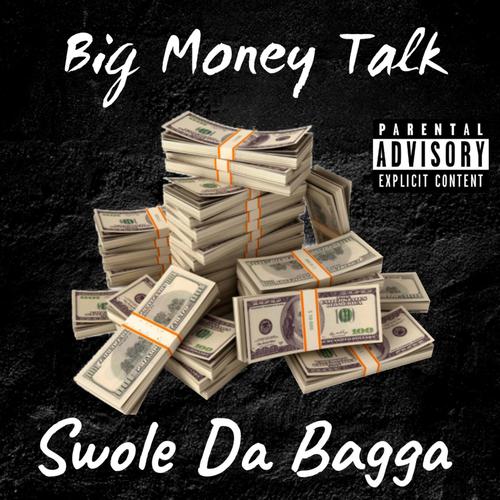
Understanding the Art of Counting Money: A Personal Journey
Have you ever found yourself in a situation where you needed to count a large sum of money? Perhaps you’ve inherited a significant amount of cash or you’ve just received a substantial windfall. Counting money can be a daunting task, but it’s an essential skill to have. In this article, I’ll take you through the process of counting money, providing you with a detailed and multi-dimensional introduction to ensure you’re well-prepared for your next counting adventure.
Why Count Money?
Before diving into the nitty-gritty of counting money, it’s important to understand why you might need to do so. Here are a few common reasons:

- Opening a bank account: When you have a substantial amount of money, you’ll likely want to open a bank account to keep it safe and earn interest.
- Verifying the amount: Whether you’re receiving a large sum of cash or making a significant purchase, it’s crucial to verify the amount to ensure you’re getting what you’re paying for.
- Tracking your finances: Counting money can help you keep track of your finances and stay organized.
Preparation is Key
Before you start counting, it’s important to gather the necessary tools and materials. Here’s what you’ll need:
- Counting sheets: These sheets have lines for each bill or coin, making it easier to keep track of the amount.
- Pen or pencil: You’ll need something to write down the amount of each bill or coin.
- Calculator: A calculator can help you keep track of the total amount as you count.
- Bag or container: Use a bag or container to hold the money as you count it.
The Counting Process
Now that you have your tools and materials ready, let’s dive into the counting process:
- Start with the smallest denominations: Begin by counting the smallest bills and coins first. This will help you get a sense of the total amount and make it easier to identify any discrepancies.
- Count each bill or coin: As you count each bill or coin, write down the amount on your counting sheet. Be sure to double-check your work to avoid mistakes.
- Keep track of the total: Use your calculator to keep track of the total amount as you count. This will help you identify any discrepancies and ensure you’re counting correctly.
- Check for discrepancies: As you count, keep an eye out for any discrepancies. For example, if you’re counting $100 bills and you come across a $50 bill, you’ll know there’s a mistake.
- Verify the total: Once you’ve counted all the money, verify the total by comparing it to the amount you were expecting. If there’s a discrepancy, go back and double-check your work.
Common Mistakes to Avoid
Counting money can be a challenging task, and it’s easy to make mistakes. Here are some common mistakes to avoid:
- Not double-checking your work: Always double-check your work to ensure you’re counting correctly.
- Not verifying the total: Always verify the total amount you’ve counted to ensure it matches the amount you were expecting.
- Not using a calculator: Using a calculator can help you keep track of the total amount and avoid mistakes.
- Not using counting sheets: Counting sheets can help you keep track of the amount of each bill or coin and make the process easier.
Counting Money in Different Currencies
Counting money can be a bit more challenging when dealing with different currencies. Here are some tips for counting money in different currencies:
| Currency | Denominations | Notes |
|---|---|---|
| US Dollar | $1, $5, $10, $20, $50, $100 | $1, $5, $10, $20, $50, $100
bubble cash download,Bubble Cash Download: A Comprehensive GuideBubble Cash Download: A Compre… |




